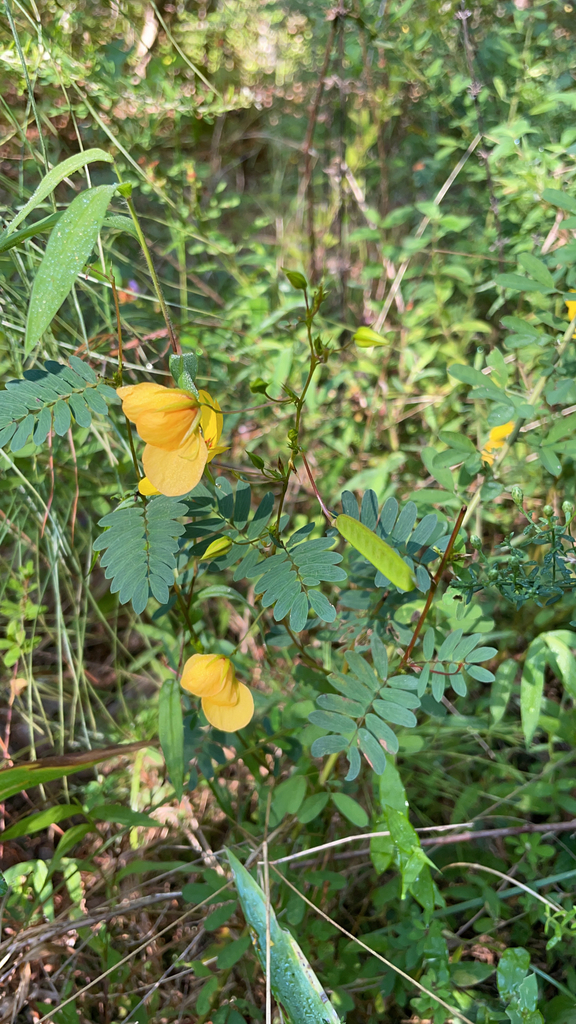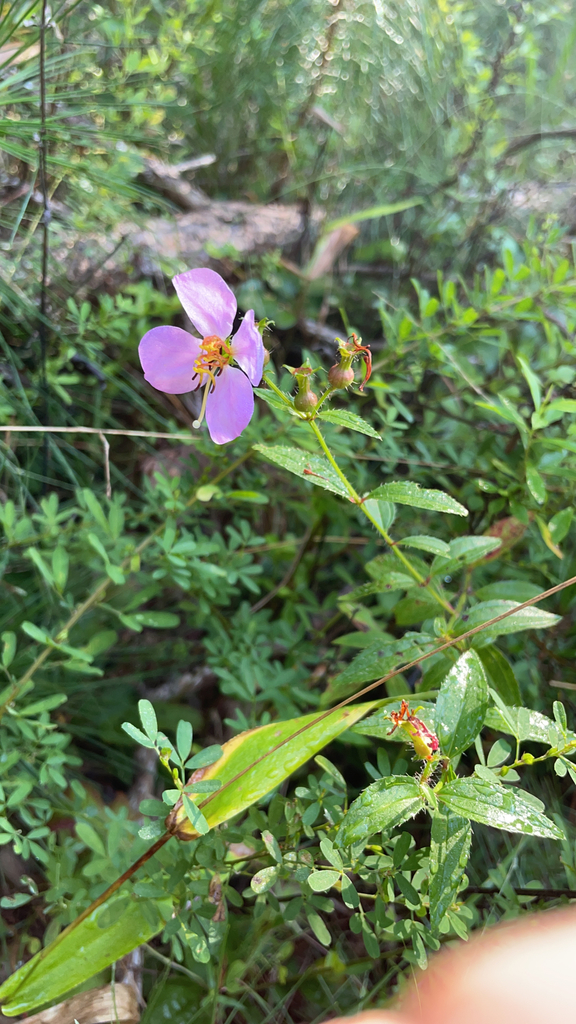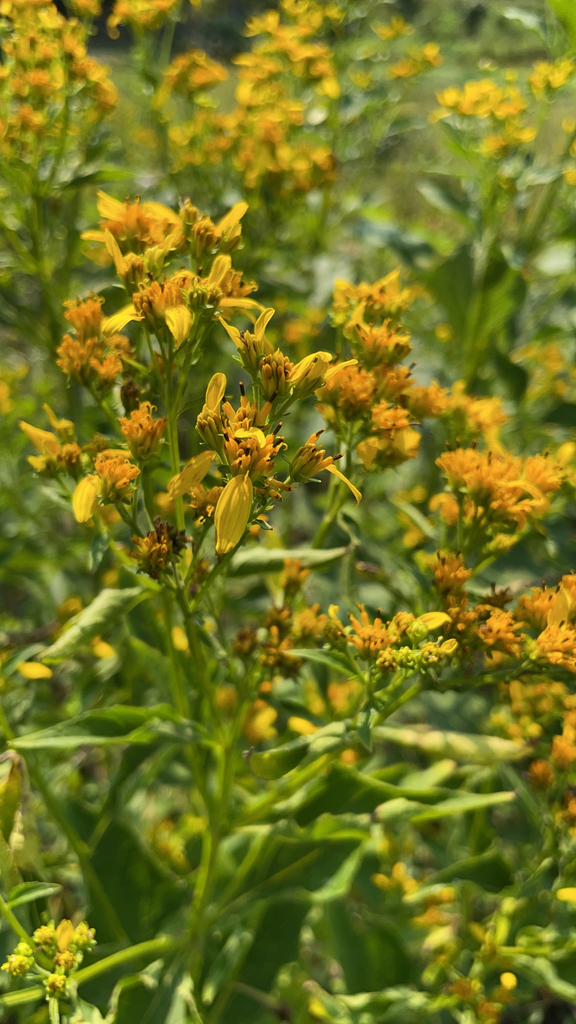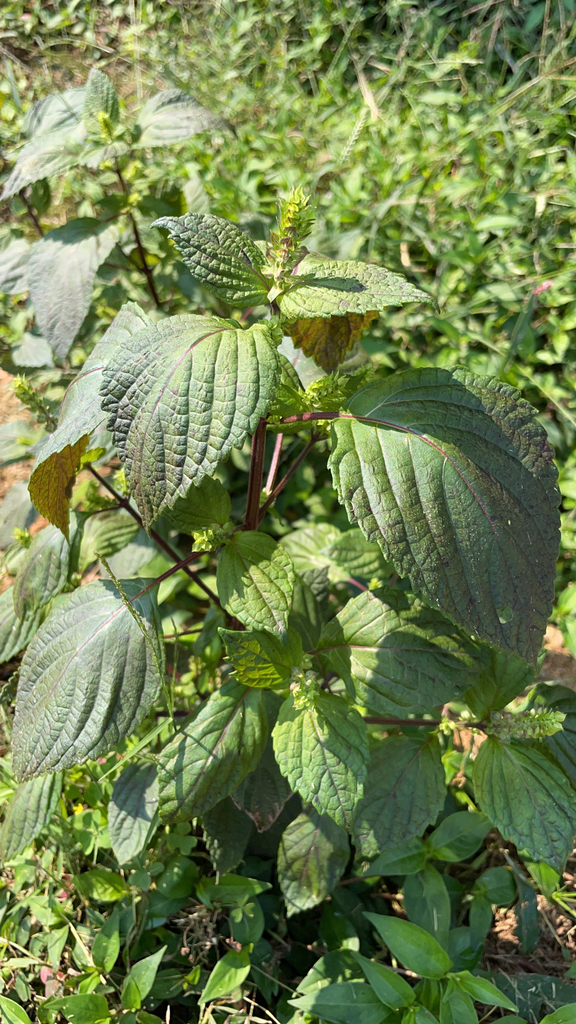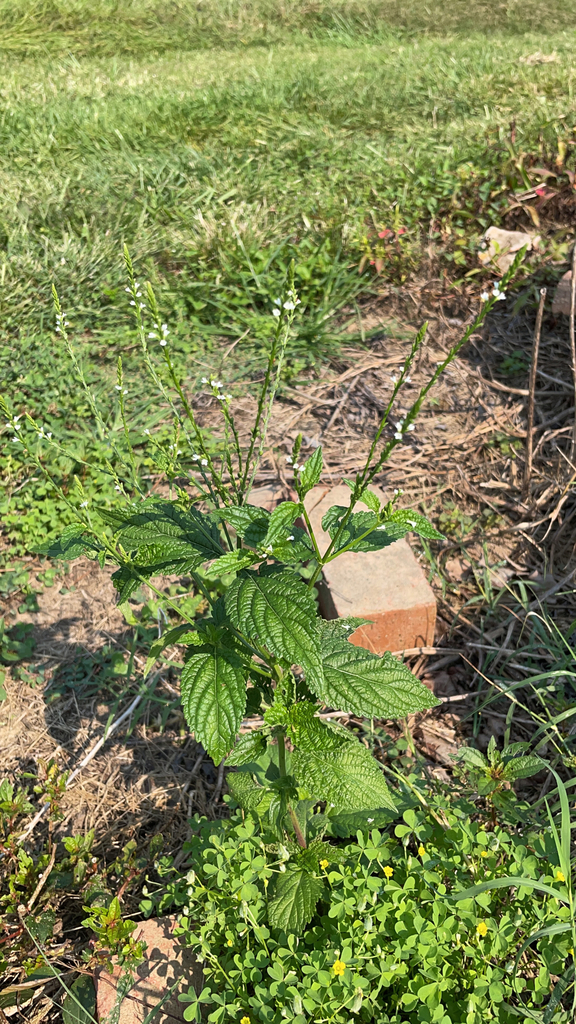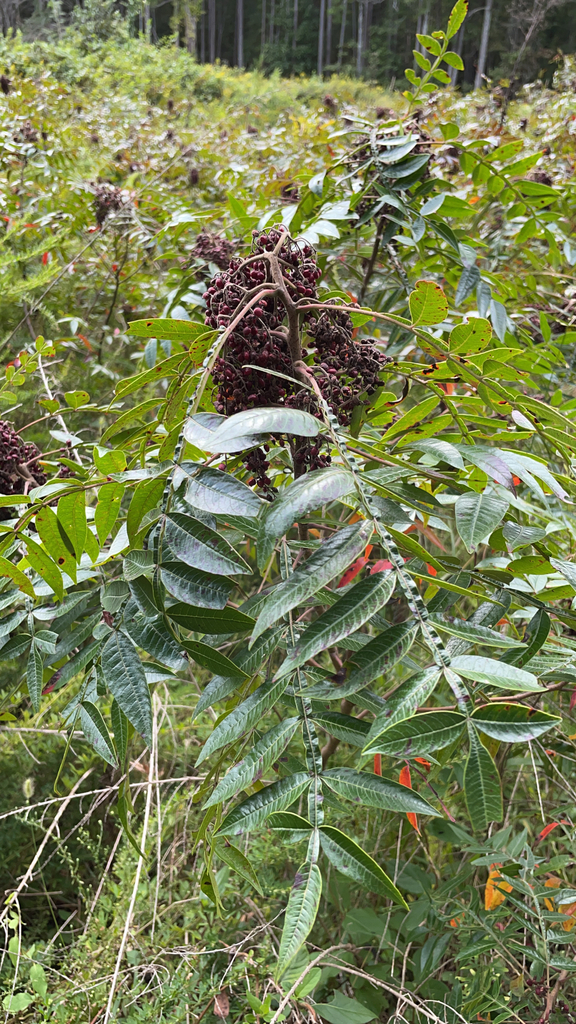
Rhus copallinum (Rhus copallina is also used but, this is not consistent with the rules of the International Association for Plant Taxonomy), the winged sumac, shining sumac, dwarf sumac or flameleaf sumac, is a species of flowering plant in the cashew family (Anacardiaceae) that is native to eastern North America. It is a deciduous tree growing to 3.5–5.5 metres (11–18 ft) tall and an equal spread with a rounded crown. A 5-year-old sapling will st
